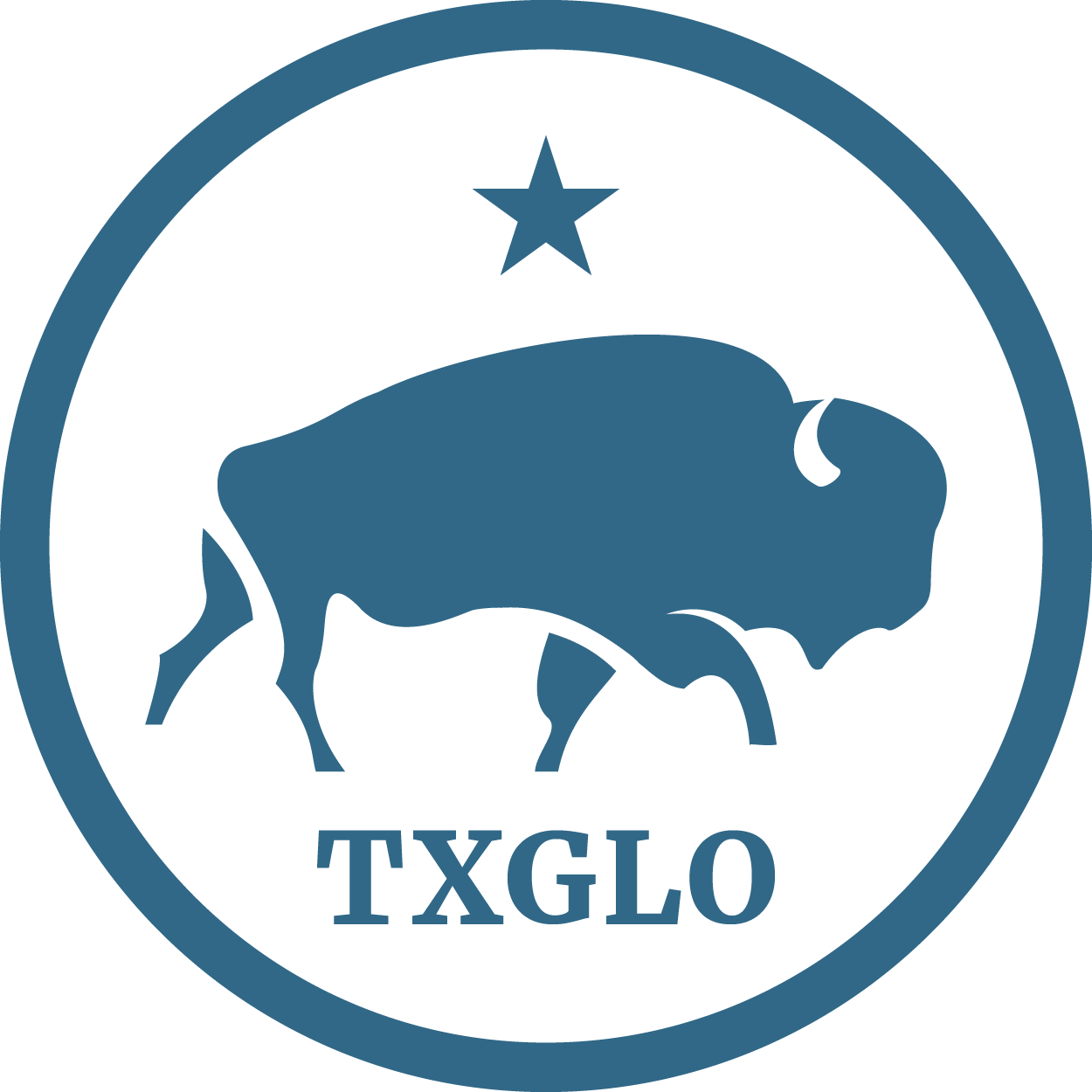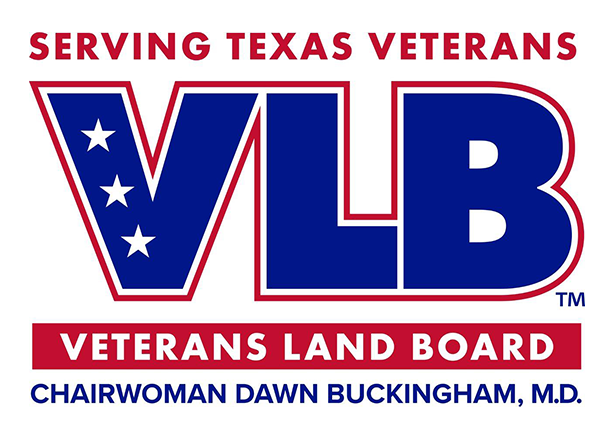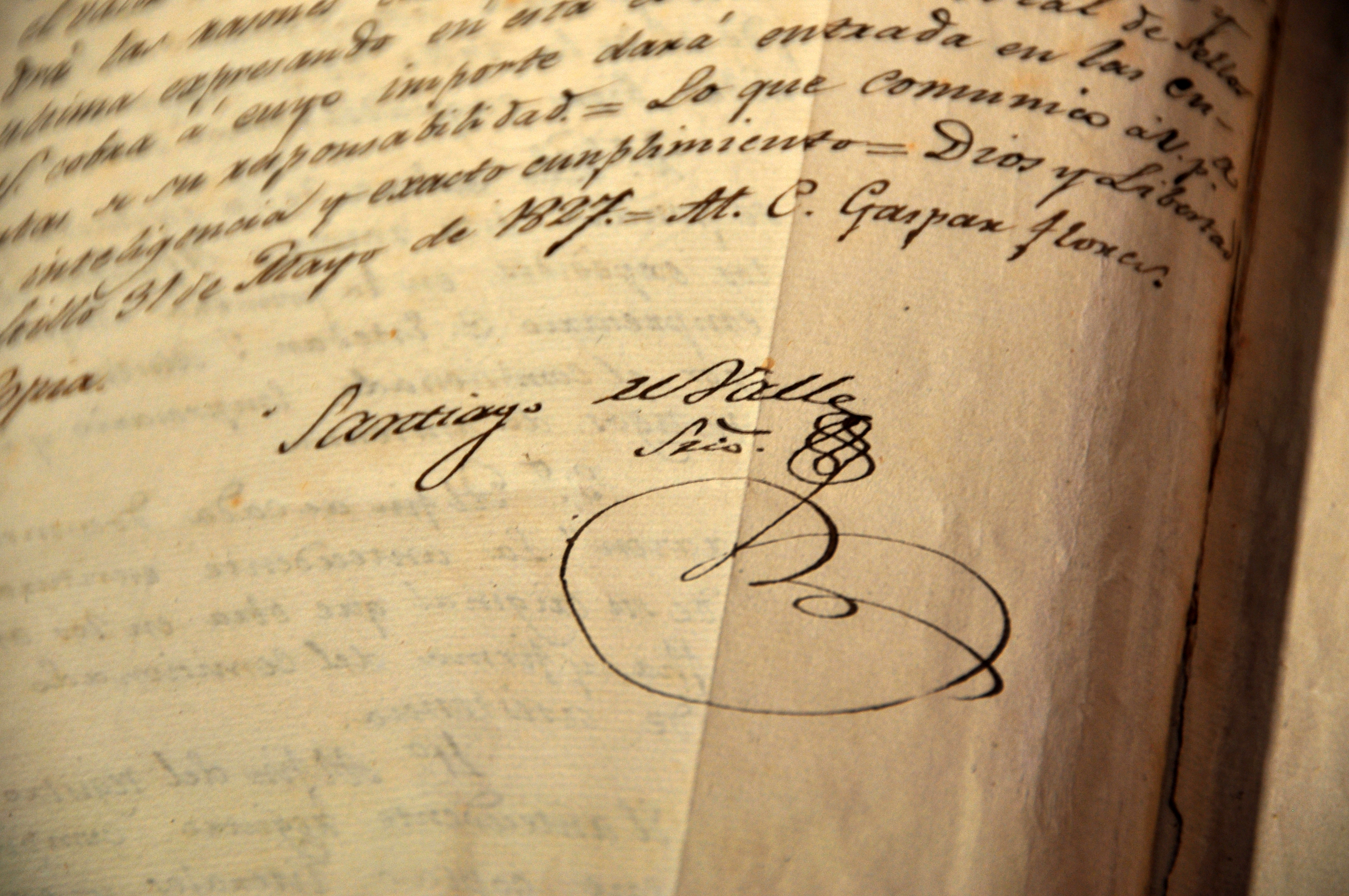Texas Land Commissioner George P. Bush today recognized six individuals who did more than all others last year to keep the coast clean. The commissioner honored them with Oil Spill Prevention and Response Awards.
“OSPRA Award recipients exemplify how industry and regulatory agencies can work together to protect our environment,” Bush said. “They are best in class, going above and beyond to protect and preserve the Texas coast.”
Lifetime Achievement
Bush tapped Texas A&M professor Norman L. Guinasso, Jr. for special lifetime achievement recognition Oil Spill Prevention and Response Act Award for his work developing an ocean current monitoring system for the gulf. Known as the Texas Automated Buoy System, or TABS, this system is Texas' secret weapon when it comes to deploying the people and material it takes to contain and clean up oil spills fast.
This unique ocean current monitoring system has helped protect natural resources and Texas beaches since 1995, when Guinasso and Buzz Martin, the former director of research and development at the Texas General Land Office's Oil Spill Prevention and Response Program, deployed the first buoys. It has since grown into one of the biggest coastal current monitoring systems in the world.
TABS is a network of moored current meters that measure water temperatures and surface currents along the coast. Data collected by the system is reported in real time. TABS has proven invaluable in more than 20 major oil spills, including 2010's Deepwater Horizon spill, by helping experts predict where and when oil slicks will travel. TABS buoys provide current measurements every three hours under normal conditions and hourly during spill events.
OSPRA Award recipients
Charlie Henry, director of the National Oceanic and Atmospheric Administration's Disaster Response Center in Mobile, Alabama, was selected for an OSPRA Award in recognition of his long career managing natural resource protection as a first responder. Henry has responded to more than 100 spills, including the 1989 Exxon Valdez oil spill. He also responded to the 1991 Kuwait oil fires and was NOAA's lead scientific support coordinator for the Deepwater Horizon spill. Henry was also the driving force in the creation of the Disaster Response Center, where he helps communities be better prepared for the next storm.
Emergency Management Coordinator Garret Foskit, with the Galveston County Office of Emergency Management; Sgt. Robert Waggett, a game warden with Texas Parks and Wildlife; and Perry Larvin, an environmental crimes detective for the Galveston County Sheriff's Office; will share an OSPRA Award for their efforts in support of the state's first-ever Vessel Turn In Program. The program is a collaboration between the General Land Office, Texas Parks and Wildlife and Galveston County to provide owners of derelict boats the opportunity to dispose of them legally at no cost. This prevents abandoned vessels from littering coastal waterways and saves the state tens of thousands of dollars. Under the Vessel Turn In Program, a total of 25 boats have been collected.
Jim Elliott, a retired senior Coast Guard officer and current vice-president of Galveston's T&T Salvage was also selected for an OSPRA Award for partnering with the General Land Office to successfully remove dozens of abandoned, sunken and grounded boats along the Texas coast. Also in 2014, Elliott successfully managed the salvage of Tank Barge 27706, which was struck in the Houston Ship Channel. T&T refloated the sinking barge, removed its remaining fuel, and towed it to safety within 24 hours of notification.
Over the last 18 years, the Texas General Land Office has recognized small and large organizations, including nonprofits and public agencies, as well as those from the private sector, with the annual OSPRA Awards. Each recipient has made an exceptional contribution to protecting and preserving Texas’ fragile coast. For more information on the Oil Spill Prevention and Response Program, visit www .glo.texas.gov/what-we-do/caring-for-the-coast/oil-spills/.
###








